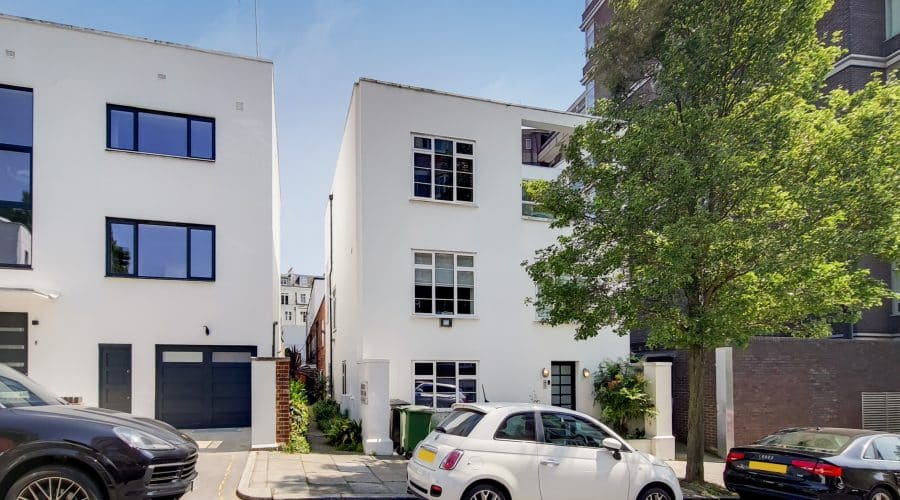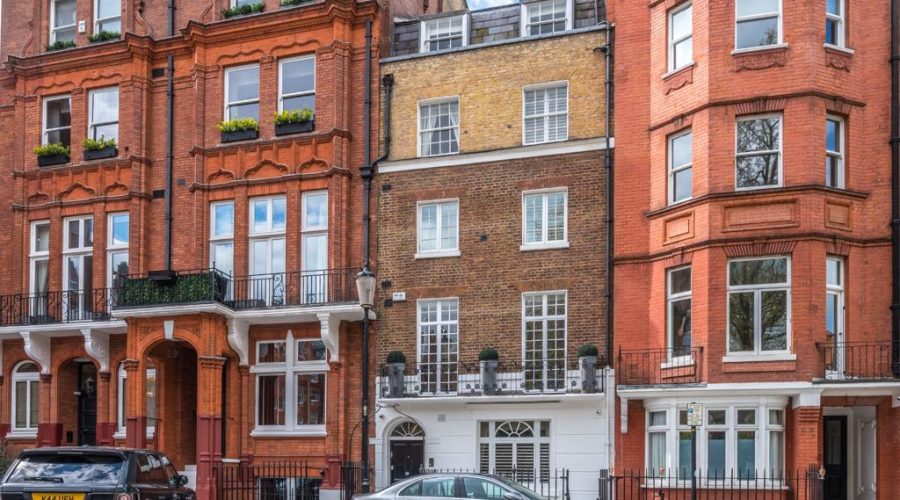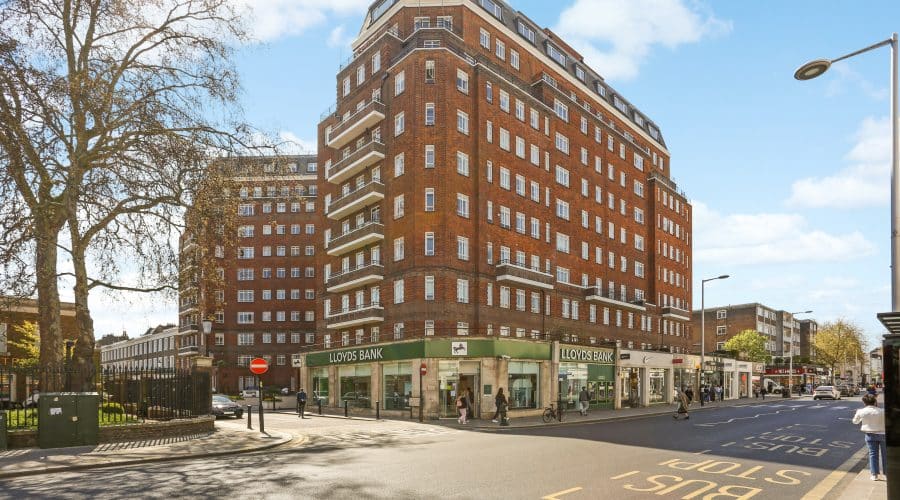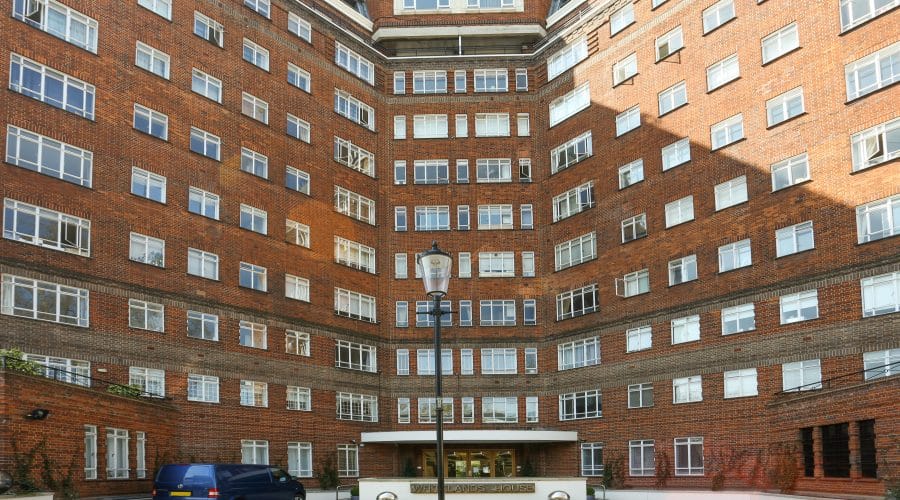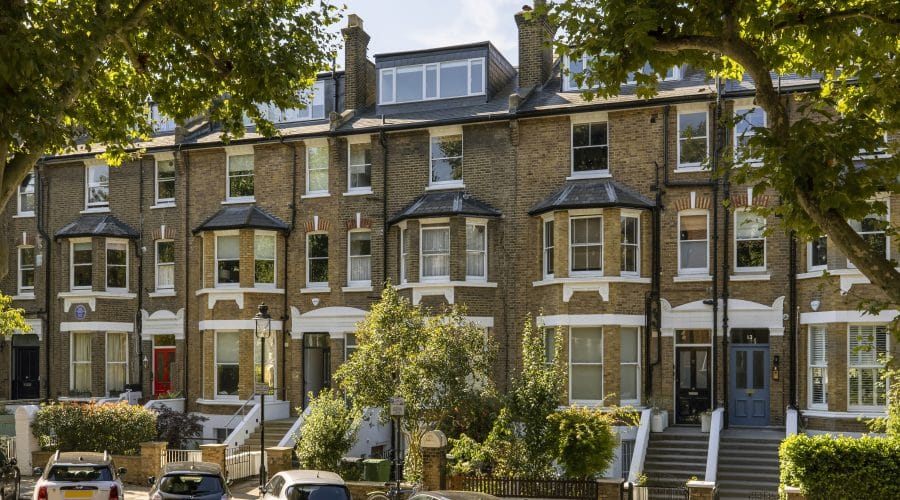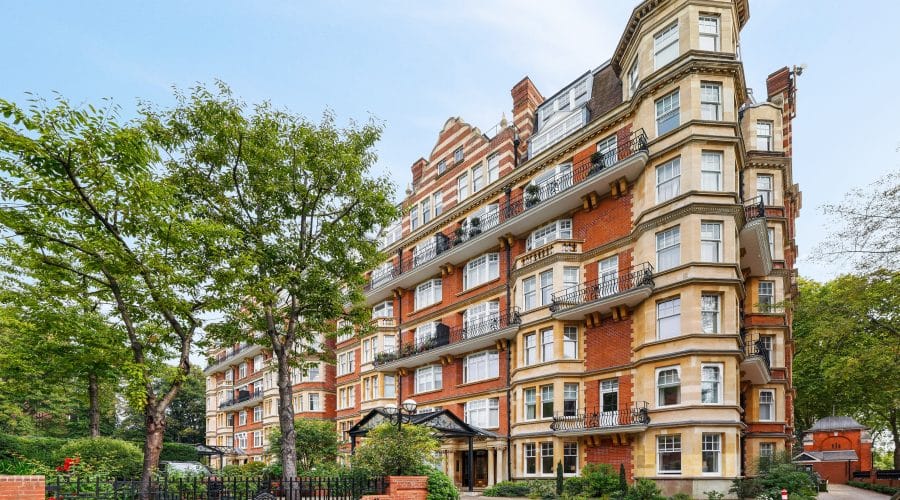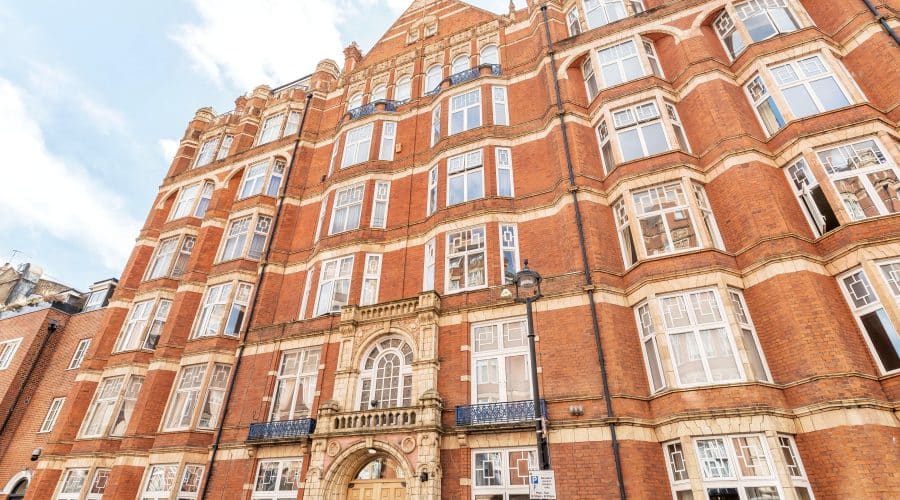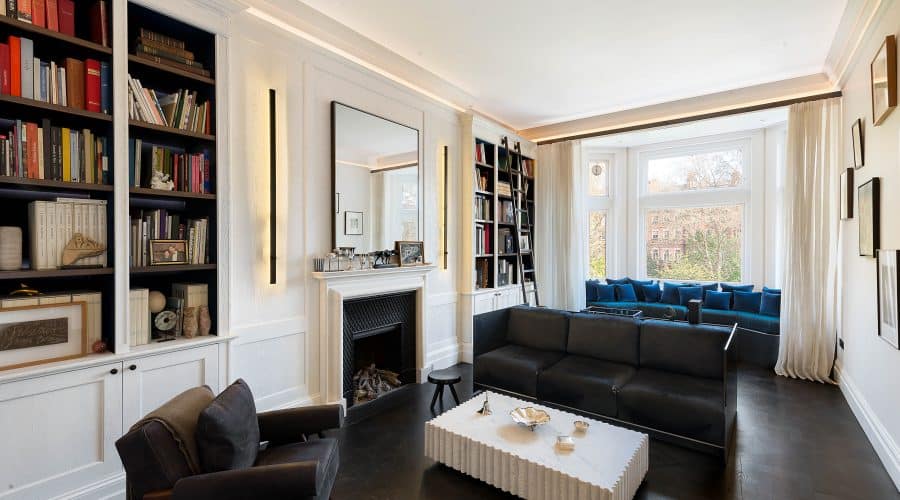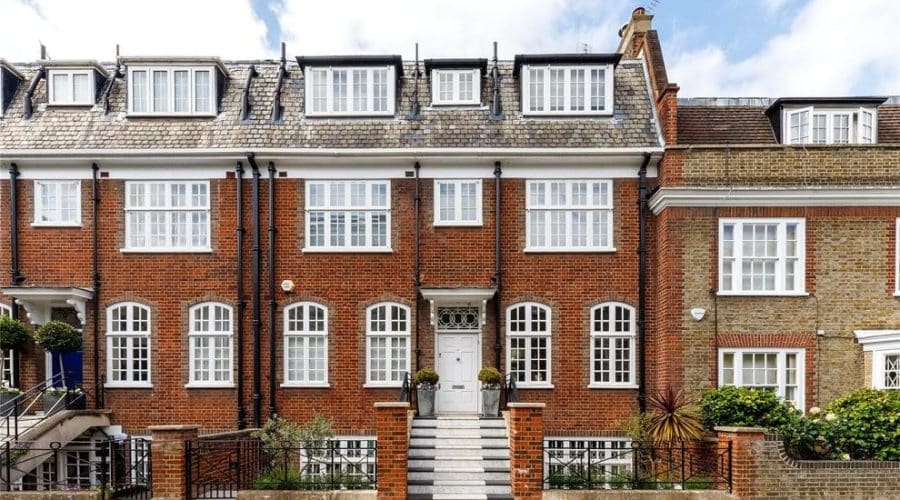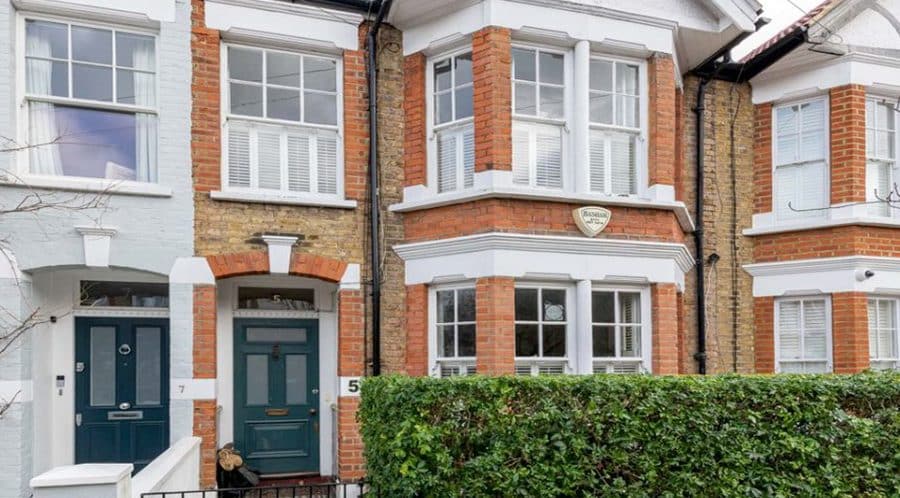By Julie Sell
LONDON — After a go-go decade, Great Britain is suffering from a sudden, severe financial hangover. Now, however, the party has kicked into high gear for another group: foreign visitors and investors who are descending on London to take advantage of the plunge in the local currency and snap up high-end property, luxury cars and designer clothing at a discount.
Amid the influx of bargain-hunters, however, there’s a sobering exodus of people leaving the United Kingdom in these tough economic times. They include not only American investment bankers, but also tens of thousands of Poles and other eastern Europeans who flocked here to seek work during the boom years.
As many as 1 million Poles lived in Britain a couple of years ago, and most found work in manual jobs such as construction, truck driving or housecleaning. Now, with jobs in short supply and the pound plummeting against their home currencies, record numbers of eastern Europeans are going home.
The pound has dropped by as much as 40 percent against other major currencies. In November 2007, the value of 1 pound in U.S. dollars was $2.11; now it’s about $1.42. While that’s sent many workers home, it’s also produced an influx of wealthy shoppers bearing dollars, euros and yen.
Jamie Bennett, the manager of Boodles, an exclusive jewelry shop on posh Bond Street, reports a significant uptick in business from foreign buyers seeking international brands such as Patek Philippe watches.
“They’re suddenly very reasonably priced” for Americans, Asians, Middle Easterners and anyone else bearing dollars, he said. “If you’re going to spend 10,000 pounds on a watch, it’s worth the price of a plane ticket to the U.K. if you’re going to save 20 percent.”
Car buffs are finding bargains, too. “The pound is so weak that we’re rich pickings for the rest of the world,” said Raj Badi, director at Import Marques, a dealership that ships high-end cars such as Bentleys, Porsches, Ferraris, Lamborghinis and Jaguars to foreign clients. The firm’s Web site urges prospective clients to “take advantage of the very weak (British) currency.”
European buyers placing orders in Britain for what Badi calls “the Bond car” — the Aston Martin DBS, driven onscreen by actor Daniel Craig — can cut at least 60,000 euros (about $77,000) off the price they’d pay on the continent, he said.
The recent biggest increase in luxury cars buyers is coming from Asia, Badi said. Russians, Africans and Middle Easterners are also shipping cars from Britain. American buyers are less common because of stricter U.S. rules on auto emissions. “They can buy them alright, but it can be difficult to get them into the U.S.,” Badi said.
There also are real-estate deals. Hamptons International, a real-estate firm, reported Friday that nearly two-thirds of the people buying high-end property in London are foreigners.
“London is looking really attractive as an investment,” said Camilla Dell, the managing director of an exclusive real-estate firm called Black Brick Property Solutions. She points to a “triple whammy” of factors: falling property prices, the pound’s plunge and low interest rates.
Her firm targets properties in the 500,000 pound to 3 million pound bracket. “That’s the part of the market that has been most affected here,” she said, as London high-fliers who bought multiple properties during the boom years trim their portfolios and foreign investors swoop in.
Typical of the new buyers, Dell said, is a client from Malaysia who used to live in Britain. “This is someone who left the U.K. and sold property here, but still comes back on holidays and would like to have a foothold here, a nice pied-a-terre.” The client, who’s willing to pay cash, is looking in upmarket neighborhoods for an apartment for around 1 million pounds, she said.
Asian visitors are snapping up fashion bargains too.
On Bond Street, a trio of trendily dressed young Chinese piled out of a taxi in front of Louis Vuitton, the upscale luggage boutique, the other day. Mao Shu Qing, a young man with gelled hair and a leather jacket, and Han Xie, a young woman in a short, wildly patterned jacket, ruffled miniskirt, black tights and high-heeled boots, are 22 year-olds from Shanghai. Although they’re studying in Birmingham, a city in central England, they were in London to shop and visit friends.
Han said she’s focused on buying “luxury goods.”
“It’s very cheap here,” Mao added. “Tax is expensive in China.”
Sometimes bargains pop up in unexpected places. Aaron Lau, a 50-year-old marketing and advertising executive from Hong Kong, is vacationing in London with his family.
In addition to shopping at high-end stores such as Harrod’s, they’ll visit English boarding schools for his 10-year-old son. Not only is private-school tuition cheaper than it was a few months ago, Lau said, but “I understand with the exodus of bankers it’s much easier to get in” to some of the more selective schools.
Asians aren’t the only bargain-hunters, of course. Proximity to Europe means an increasing number of visitors are booking last-minute tickets on the Eurostar high-speed train from Paris or Brussels (which recorded record traffic last year) or flights.
Debra Hempleman, a 47-year-old Australian who lives near Cannes in the south of France, was marching through the “Room of Luxury” at Harrod’s on Friday carrying a furry, faux leopard-skin purse and wearing black jeans trimmed in similar leopard-print fur.
“Things are good value, definitely,” said Hempleman, who said that she used to shop at Harrod’s “all the time” when she lived in London. Now she’s returned, adding that “a lot of French are coming over to shop, too.”
Raffaela Bianchi, a smartly dressed woman carrying several shopping bags from high-end boutiques, said the same is true for Italians. “It’s cheaper for them now.”
Bianchi, however, is lamenting sterling’s fall because she lives in London. “When we go to Italy, it’s a big mess,” the Rome native said. “Sometimes we go to the States, and that’s a big mess now, too.”
(Sell is a McClatchy special correspondent.)
